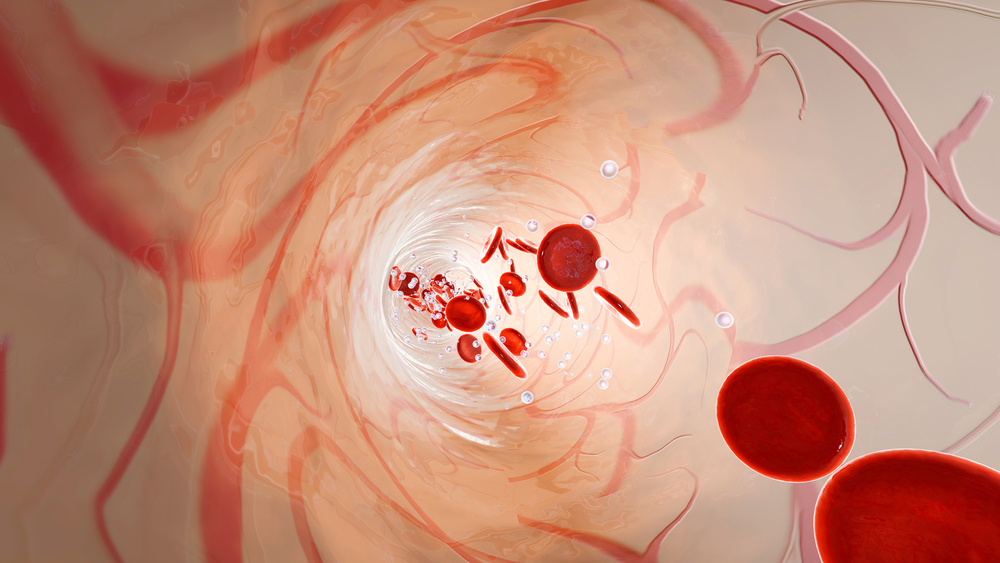Soliris May Be Effective Off-Label Treatment for CAD Attacks, Case Report Suggests
Written by |

Treatment with Soliris (eculizumab, marketed by Alexion) can effectively reverse cold agglutinin disease (CAD) attacks and induce rapid clinical remission, a case report shows.
The study, “High efficacy of eculizumab treatment for fulminant hemolytic anemia in primary cold agglutinin disease,” was published in the journal Annals of Hematology.
CAD is a rare disease in which the host immune system starts to attack its own red blood cells, causing them to form clumps and leading to hemolysis (red blood cell destruction). Cold is a common trigger of CAD attacks that are mediated by different components of the immune system that commonly fight infections, including immunoglobulin M and complement proteins.
Soliris is a monoclonal antibody that blocks activity of a protein of the complement system that mediates autoimmune reactions. It is approved for the treatment of paroxysmal nocturnal hemoglobinuria (PNH), atypical hemolytic uremic syndrome (aHUS), and myasthenia gravis.
Japanese researchers presented the case of a 39-year-old man who experienced an abrupt attack of CAD and was treated off-label with Soliris.
He was first diagnosed with bacterial pneumonia by a family doctor; he started treatment with antibiotics. Five days later he was referred to a hospital because of a fever and blood in his urine, signs of hemolytic anemia (abnormal breakdown of red blood cells) and acute kidney injury.
After a blood analysis, he was found to have severely reduced levels of red blood cells, with three the normal levels of bilirubin (standard value 1.2 mg/dL) and reduced levels of haptoglobin, both markers of red blood cell destruction. He was confirmed to have renal dysfunction, with blood creatinine 2.3 times higher than normal (standard value around 1.3 mg/dL), and excretion of red blood cells in the urine.
Additional analysis revealed that his blood was markedly reactive to cold, with the levels of cold agglutinin antibody being more than 8,192 times higher than normal.
Supported by these findings, he was diagnosed with fulminant hemolytic crisis in CAD triggered by bacterial pneumonia. To reverse the symptoms, body heat retention was initiated and he received blood transfusion and steroids. But these strategies failed to resolve the hemolysis.
His general health continued to deteriorate, which prompted clinicians to use Soliris off-label at 900 mg once a week in an effort to reverse his condition.
Just after the first dosing, he started to show positive results, with a reduction in the signs of hemolysis. After one month of treatment, he had overall normalized laboratory data, including creatinine levels. However, the levels of agglutinin remained high throughout the treatment. Still, Soliris treatment was terminated after the fourth infusion as all his symptoms were reversed.
Since then — about 10 months — his cold agglutinin levels have decreased and hemolysis has not recurred.
“Although there are no clinical trials [exploring Soliris as a treatment for CAD], its potential efficacy has been suggested in some case reports,” researchers said. In this case, “because renal failure and hemolysis progressed rapidly … eculizumab was administered instead of [Rituxan],” which is used to suppress reactive immune cells.
“Suppression of complement activity by eculizumab was clear, which resulted in the reversal of the patient’s critical condition and rapid clinical remission,” they stated.
This report suggests that Soliris could represent an effective strategy to treat hemolytic attacks in people with CAD.





